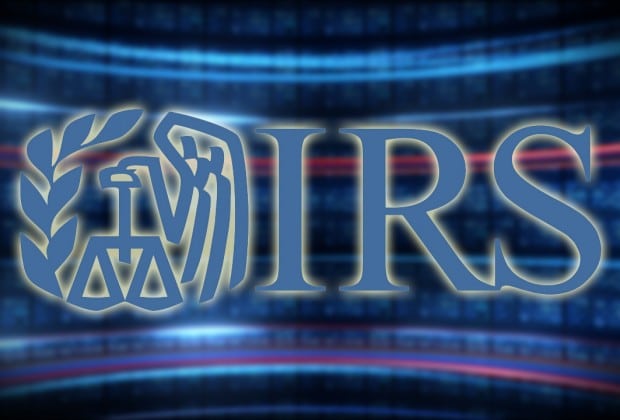The Internal Revenue Service issued Rev. Proc. 2018-29 to provide an automatic consent procedure for taxpayers changing to a new accounting method under new standards issued by the Financial Accounting Standards Board (FASB) and the International Accounting Standards Board (IASB) for recognizing revenue from customer contracts.
This revenue procedure takes into account concerns and suggestions offered by taxpayers in response to Notice 2017-17, which was issued by the IRS in March 2017, and offered proposed procedures to ease the transition to the adoption of the new FASB/IASB standards.
Background on the FASB/IASB Pronouncements
On May 28, 2014, the Financial Accounting Standards Board (FASB), responsible for U.S. Generally Accepted Accounting Principles (U.S. GAAP), and the International Accounting Standards Board (IASB), responsible for International Financial Reporting Standards (IFRS), issued jointly a converged standard on the recognition of revenue from contracts with customers (ASC Topic 606).
Under these new standards, a taxpayer generally recognizes revenue for financial accounting purposes when the taxpayer satisfies a performance obligation by transferring a promised good or service to a customer. Publicly-traded entities, certain not-for-profit entities, and certain employee benefit plans were required to adopt the new standards for annual reporting periods beginning after December 15, 2017. All other entities must adopt the new standards for annual reporting periods that begin after December 15, 2018.
Requirements for Eligibility to Use the IRS Automatic Consent Procedure
This change applies to a taxpayer that desires to change the way it recognizes income for federal income tax purposes to a new method under the FASB/IASB standards for:
- identifying performance obligations;
- allocating transaction price to performance obligations; and
- considering performance obligations satisfied.
A taxpayer may use the automatic change method only if its new method of accounting is otherwise permissible for federal income tax purposes. Also, the change must be made for the tax year in which the taxpayer adopts the new standards for financial accounting purposes.
The taxpayer may make the change on a cut-off basis or with an Internal Revenue Code section 481(a) adjustment.
A change under the automatic procedure may only be made in the taxpayer’s first, second, or third tax year ending on or after May 10, 2018.
Additional Concerns and Comments
A taxpayer who filed a “non-automatic” accounting method change request before May 10, 2018, may refile using this automatic change procedure if the application is still pending with the National Office of the Internal Revenue Service on May 10, 2018. To accomplish this refiling, the taxpayer must notify the National Office of its intent to make the change under the automatic change procedures before the later of June 11, 2018, or the issuance of a change determination letter. Additional details are provided in the Internal Revenue Service guidance.
This Internal Revenue Service requests taxpayer and tax advisor comments on future guidance that may be necessary as taxpayers begin to comply with the new standards, and comments on the automatic change procedures provided in its guidance. In addition, comments are requested on future guidance that may be necessary to help taxpayers comply with Internal Revenue Code section 451 as amended by the Tax Cuts and Jobs Act. Instructions for submitting comments are as follows:
By Mail:
Internal Revenue Service
Attn: CC:PA:LPD:PR (Revenue Procedure 2018-29)
Room 5203
P.O. Box 7604
Ben Franklin Station
Washington, D.C. 20444
Electronic:
Please include “Revenue Procedure 2018-29” in the subject line of any electronic communications.
In Summary
The IRS release offers welcome guidance on the income tax implications of implementing the new FASB/IASB standards. If you have questions comments relating to the new procedures and how they apply to your organization, contact Bob Grossman or Don Johnston at 412-338-9300.






